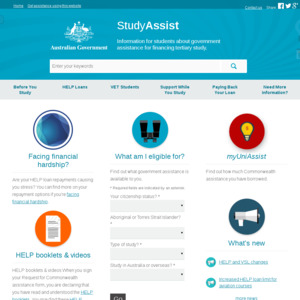Currently in 30K~ debt from hecs as a typical university graduate.
I've been thinking of what is my best option to obtain the greatest benefits.
Based on my research I think have 3 options:
- Earn bank interest 3%~ on money that I earn (but this will get taxed anyways.)
- Make voluntary payments (100% commitment) to hex greater than $500, to obtain a 5% discount
- A half of option 1 and 2, make voluntary payments (50% commitment) to hex greater than $500, to obtain a 5% discount
It seems that the best option is to take advantage of the 5% because earning bank interest at 3% will lose me 2% in the end. Also, any interest earned will be taxed under my circumstances. In addition, I don't think banks will go over 5% of interest.
I might have answered my own question. But what are your thoughts on this?
Downside of paying hecs ASAP is I'll have not much money in my account from all the hard work I put in.

I think HECS is reindexed/adjusted annually for inflation (not daily like an interest calculation) - Can anyone confirm?
If that's the case, save the money in a high interest savings account, get the interest, and then before the EOFY, make your payment to get the 5% discount. Best of both worlds.